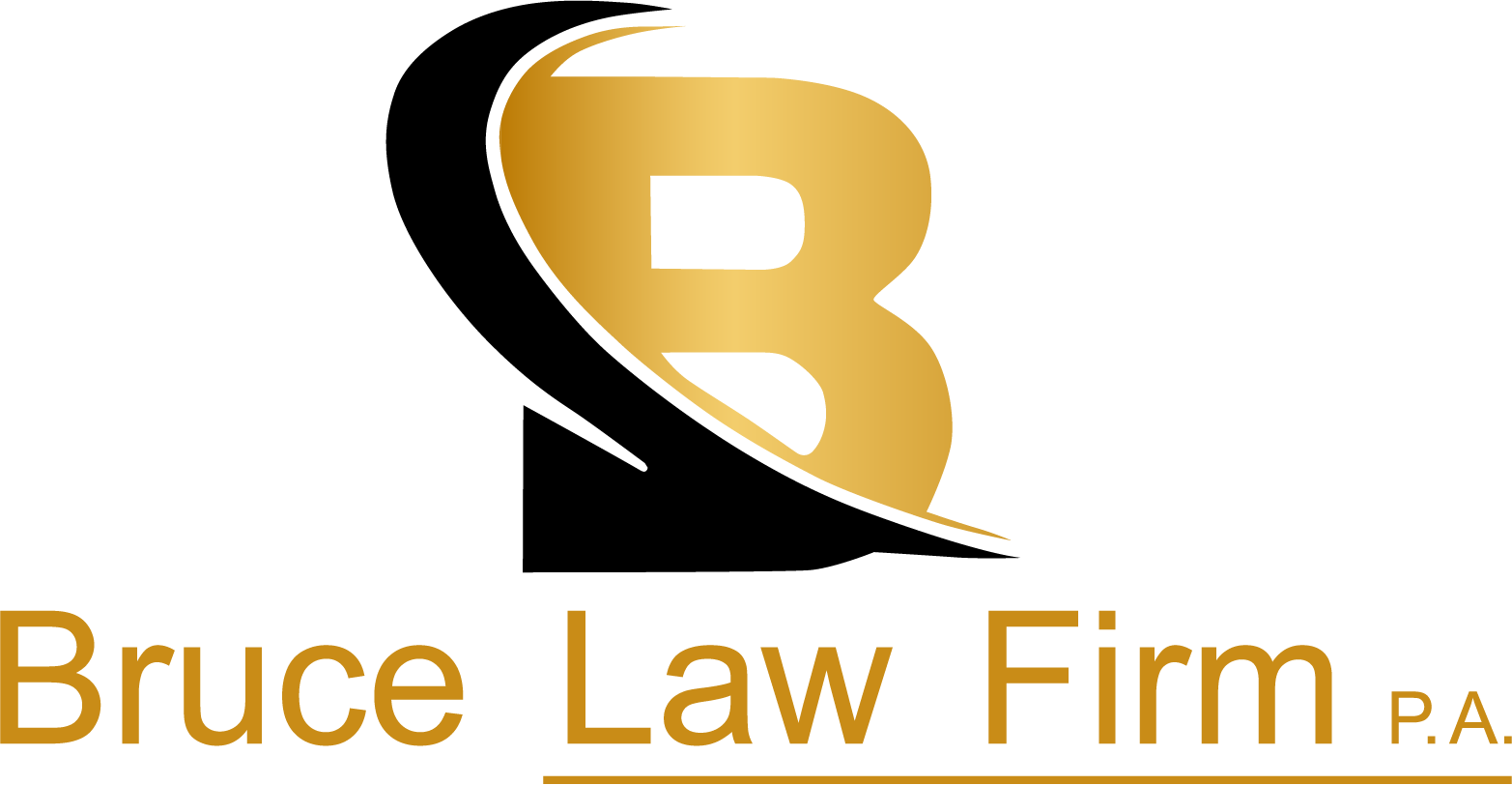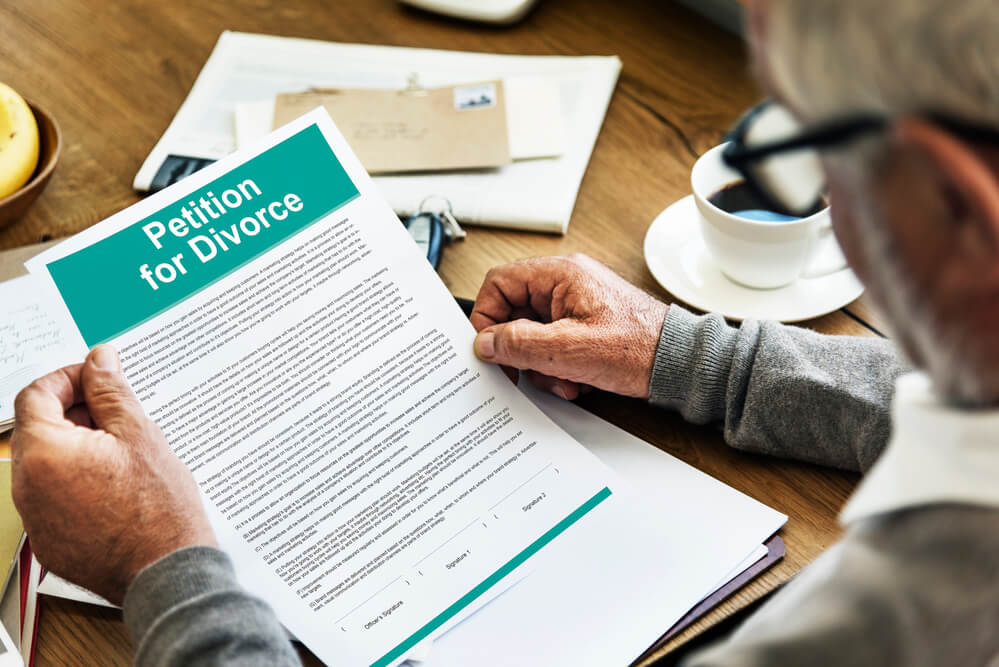A divorce deposition is the process of an attorney asking a witness questions under oath. In the context of a divorce deposition, the witness will either be one of the spouses or another person who may know facts relevant to the issues in the divorce. Usually, divorce depositions will happen at a conference room table at the office of one of the lawyers or a court reporting company. The questions asked by the lawyers and answers given by the witness are recorded by a court reporter.
If you were to independently observe a divorce deposition, all you would see is a several people sitting around a table, with one person being asked questions by a lawyer, and a court reporter sitting at the end of the table recording the questions asked and answers given by typing into a laptop or machine with a funny looking keyboard.
Each spouse’s lawyer can ask questions of the witness during divorce depositions. In many cases, the court reporter will be asked to type out the recorded question and answer session between the lawyer and the witness at the deposition. The typed version of the deposition recording is called a “transcript.” Transcripts are basically books, with the pages filled up with the lawyer’s questions and the witnesses’ answers typed out.

Both spouses are allowed to be present for divorce depositions. This can occasionally make for an interesting situation. Just imagine being in the room as one spouse is watching on as the other spouse or their paramour explains the details of an adulterous affair.
Some Best Divorce strategies involve scheduling depositions early on, or right after mediation, as some spouses would rather give up more in a settlement than go through the deposition experience (or at least think twice before turning down a reasonable offer if they know not settling means having to sit for their deposition).
That said, the primary purpose of divorce depositions is to “pin down” the testimony of a spouse or other witness as it relates to each major issue in the divorce. This allows the lawyers to understand what makes up the basis for the spouse’s position on the issues the divorce court judge will decide at trial. If a witnesses’ testimony at trial is different than their deposition testimony, a good lawyer will exploit the difference to cast doubt upon whether the witness is telling the truth at trial.
Further, lawyers will use divorce depositions to assist them with advising their client on whether they should settle or take their case to trial. If the other spouse “presents well” by testifying in a convincing manner than a good attorney may counsel their client to think hard about settlement. On the same token, if the other spouse does not seem believable, or presents terrible justifications for their legal position, it may become easier to turn down an insulting settlement offer and proceed to trial.
Notably, in certain situations, the deposition transcript can be turned into evidence by being read to the judge at trial. From time to time, a spouse will give testimony in their divorce deposition that supports the other spouse’s case. When this happens, a seasoned trial lawyer can make for easy presentation of evidence by simply reading the other spouse’s deposition transcript to the judge.
At the end of the day, while divorce depositions are one of the most expensive aspects of litigation, they can be an extremely valuable tool for evaluating whether or not to settle a case, and are an “absolute must” when it comes to allowing your lawyer to prepare for trial.
- Review this with one of our attorenys- Schedule a Conversation
- Call today to schedule a time to talk to an attorney (561-286-8275)



